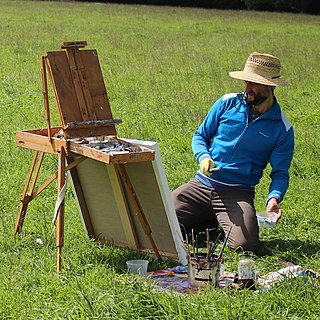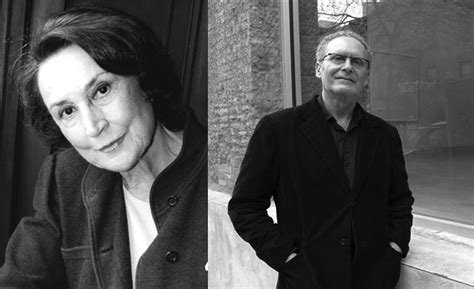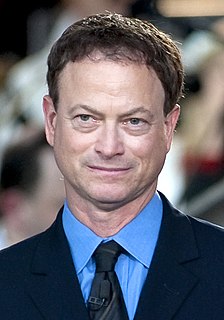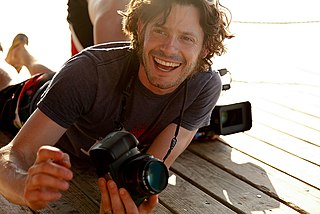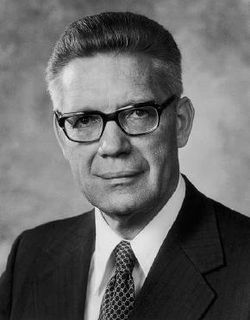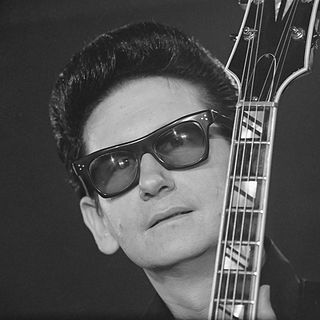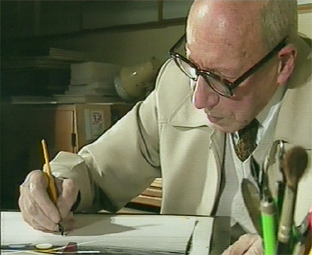A Quote by Ben Quilty
I'd never seen [Haughton] Forrest's work before until I came across it on the front of an ANZ book. I then researched a whole lot of his work.
Related Quotes
I didn't know Michael Heizer until I was preparing for my "Earthworks" show in 1968, and somebody called and told me to look at his work. Heizer had already made land art before any of the others and was deeply into it. But he was very young and working out West, so I wasn't aware of his work until he came and showed it to me.
Back before 'Brick,' I wrote a short film that I never ended up shooting: hit men in the present who work for a mob in the future who send their victims back in time. A guy is sent his future self, he lets him run, and the whole short was them chasing each other across the city. That sat in a drawer for 10 years until after I made 'Brothers Bloom.
We are here on earth to work-to work long, hard, arduous hours, to work until our backs ache and our tired muscles knot, to work all our days. This mortal probation is one in which we are to eat our bread in the sweat of our faces until we return to the dust from whence we came. Work is the law of life; it is the ruling principle in the lives of the Saints.
There's always a pattern in order to make a thing, but the starting point must be something I've never seen before. It's not two-dimensional, but it's like a sample. I work with patterns like a sculptor. I try to get [the team] not to work on a body, [but] to work on a free space, on a table. The work is basically on flat surfaces.
But who does not see that the work goes beyond the one who created it? It marches before him and he will never again be able to catch up with it, it soon leaves his orbit, it will soon belong to another, since he, more quickly than his work, changes and becomes deformed, since before his work dies, he dies.
Forrest Mims is the author of the famous book 'Getting Started in Electronics,' published by RadioShack for many years. I bought the book in the 1980s and had a blast making the projects in it. When I was editor-in-chief of 'MAKE,' I asked Forrest to write a column for the magazine, called 'The Backyard Scientist.'
Then I said to you, 'Do not be in dread or afraid of them. The LORD your God who goes before you will himself fight for you, just as he did for you in Egypt before your eyes, and in the wilderness, where you have seen how the LORD your God carried you, as a man carries his son, all the way that you went until you came to this place.
